Peace of Mind on Wheels: Why You Need a Vehicle Service Contract
Understanding Vehicle Service Contracts: It's Not Just an Extended Warranty!
First, let's clear up a common misconception. A vehicle service contract (VSC) is not technically an extended warranty, although the terms are often used interchangeably. A true warranty is typically offered by the manufacturer and covers defects in workmanship or materials for a specific period. A VSC, on the other hand, is a service agreement that covers certain repairs or replacements after the manufacturer's warranty expires. Think of it as a contract you purchase to protect yourself against unforeseen mechanical failures.
Vehicle Service Contracts are offered by different entities, which mean different levels of protection, prices and terms. It's important to choose the best suited contract for you.
The High Cost of Car Repairs: A Financial Reality Check
Modern cars are incredibly complex, packed with sophisticated technology. While this makes for a smoother and more enjoyable driving experience, it also means that repairs can be incredibly expensive. A simple sensor replacement can easily cost hundreds of dollars, while major engine or transmission repairs can run into the thousands. Without a VSC, you're solely responsible for these bills, which can seriously impact your budget.
Imagine your car's transmission suddenly fails. Without a VSC, you're looking at a bill that could easily exceed $3,000. A VSC could cover a significant portion, or even the entire cost, depending on the coverage level.
What Does a Vehicle Service Contract Cover?
The coverage offered by a VSC can vary significantly depending on the provider and the plan you choose. Typically, VSCs cover major mechanical components such as the engine, transmission, drive axle, air conditioning, and electrical systems. Some comprehensive plans may also include coverage for smaller items like sensors, fuel pumps, and even certain technology features.
It's crucial to carefully review the terms and conditions of any VSC before purchasing. Pay close attention to what's covered, what's excluded, and any deductibles that apply. A reputable provider will be transparent about the coverage and answer any questions you have.
Peace of Mind and Predictable Expenses
One of the biggest benefits of a VSC is the peace of mind it provides. Knowing that you're protected against unexpected repair bills allows you to drive with confidence, without constantly worrying about what might go wrong. This is especially valuable if you rely on your car for work, family commitments, or simply getting around.
A VSC also makes your car expenses more predictable. Instead of facing large, unpredictable repair bills, you pay a fixed monthly or annual premium. This can make it easier to budget and manage your finances.
When to Consider a Vehicle Service Contract
The best time to purchase a VSC is when your manufacturer's warranty is about to expire, or shortly after. However, you can often purchase a VSC even if your car is already out of warranty. Keep in mind that the price of a VSC may increase as your car ages and accumulates mileage. Consider your individual driving habits, the age and mileage of your vehicle, and your risk tolerance when making your decision.
If you plan to keep your car for a long time, or if you drive a lot of miles, a VSC is particularly beneficial. It can also be a smart choice if you're buying a used car, as you may not know its maintenance history.
Choosing the Right Vehicle Service Contract Provider
Not all VSC providers are created equal. It's essential to do your research and choose a reputable company with a strong track record of customer satisfaction. Look for providers with good online reviews, transparent terms and conditions, and a wide network of authorized repair facilities.
Compare quotes from several different providers before making a decision. Consider the coverage offered, the deductible, the term length, and the overall cost. Don't be afraid to ask questions and negotiate the price.
Don't fall for high-pressure sales tactics. A reputable provider will give you time to consider your options and make an informed decision. Also, check with the Better Business Bureau to see if there are any complaints against the provider you are considering.
Beyond the Basics: Additional Benefits to Look For
Some VSCs offer additional benefits, such as roadside assistance, rental car reimbursement, and trip interruption coverage. These perks can be incredibly valuable if you experience a breakdown while traveling or need a temporary vehicle while your car is being repaired.
Carefully consider your individual needs and preferences when evaluating VSCs. Choose a plan that offers the coverage and benefits that are most important to you.
Conclusion
Investing in a vehicle service contract can be a smart financial decision for car owners seeking peace of mind and protection from unexpected repair costs. While it's not a replacement for regular maintenance, a VSC can provide a valuable safety net, protecting you from potentially devastating expenses. By carefully researching your options and choosing a reputable provider, you can drive with confidence knowing that you're protected on the road ahead.Where can I find my VIN?

Related Topics
- Beyond the Basics: A Deep Dive into Ford's 3/36 Bumper-to-Bumper vs. 5/60 Powertrain Coverage
- Buying a Used Kia: The Crucial Details on Warranty Transfer to a Second Owner
- Bumper-to-Bumper vs. Powertrain: Understanding the Difference in Your Hyundai Warranty Coverage
- Kia's Industry-Leading Warranty Explained: 10-Year/100,000-Mile Coverage Demystified

